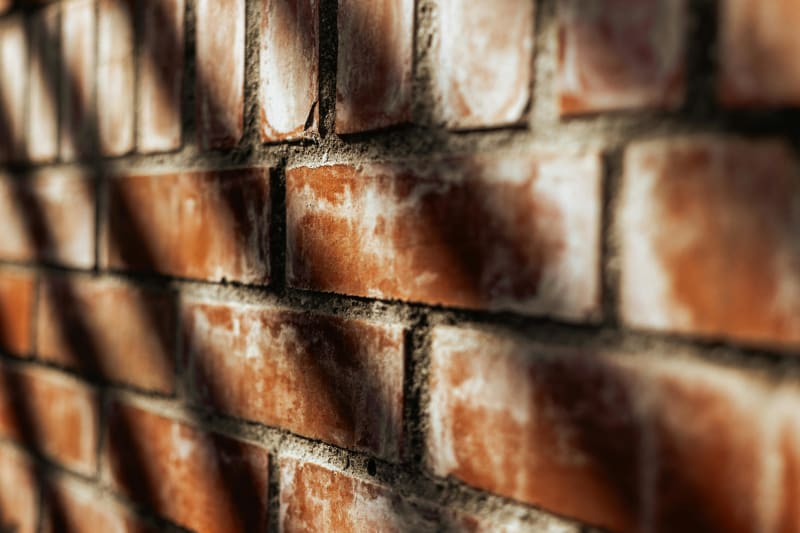"In a world turned to ash, a humble meal became a beacon of memory."
In the cold stillness of an underground bunker, beneath the scorched and silent world above, one man stood over a makeshift stove. His name was Eli, a survivor of the nuclear winter that had wiped cities off maps and silenced the everyday buzz of human civilization. His only companions: the hum of air filters, the soft blinking of survival monitors, and a tattered notebook filled with recipes written in his mother’s hand.
The fried rice recipe was the crown jewel of that notebook. It wasn’t complicated—just rice, eggs, scallions, bits of pork, and soy sauce—but it held something more potent than any radiation: it held memory.
Cooking in the Shadows
Eli scavenged from ration packs and traded with other survivors for the ingredients. Dehydrated eggs. Rehydrated rice. A miraculous can of pork found in the ruins of a grocery store. The scallions, grown from a few withered bulbs he nursed to life under a heat lamp, were his pride.
Cooking in the bunker became his ritual, his rebellion against the silence of annihilation. The sizzling of rice hitting the pan, the aroma of garlic in oil, the crack of egg meeting metal—all became a symphony that recalled a kitchen filled with laughter and the voice of a mother humming old songs.
A Meal Worth Remembering
The first time he recreated the dish, he wept. It wasn’t perfect. The texture was slightly off, the pork too salty, the rice not as fluffy. But the taste sparked vivid images: his mother’s apron, the chipped green bowl he always used, the sticky table they never cleaned quite well enough.
He wrote the date in the notebook. Underlined it. That fried rice became a tradition—a monthly act of remembrance. Sometimes he invited fellow survivors to join. They shared stories, memories, laughter. In a world where hope was scarce, a plate of fried rice gave them a reason to believe in something more.
More Than Just Food
Eli eventually became a local legend. Not for his survival skills, but for his meals. People came from other shelters to taste the "last fried rice." They brought their own family recipes, and soon a new cuisine emerged—a fusion of what was left and what they remembered.
Through food, they rebuilt a sense of culture. Recipes were traded like precious heirlooms. Cooking classes replaced survival drills. The kitchen became the new chapel, the table a sacred ground where the past and present met.
The Taste of Humanity
Years later, when the skies began to clear and the first green shoots appeared above ground, Eli was still cooking. He taught children how to dice scallions and beat eggs with one hand. He told stories of the old world, of his mother’s laughter, of fried rice that warmed more than just the body.
In the end, it wasn’t just about food. It was about remembrance. About flavor as a vessel for identity, grief, joy, and resilience. Eli's fried rice wasn’t just the last meal of a lost world; it was the first course in the rebirth of humanity.








